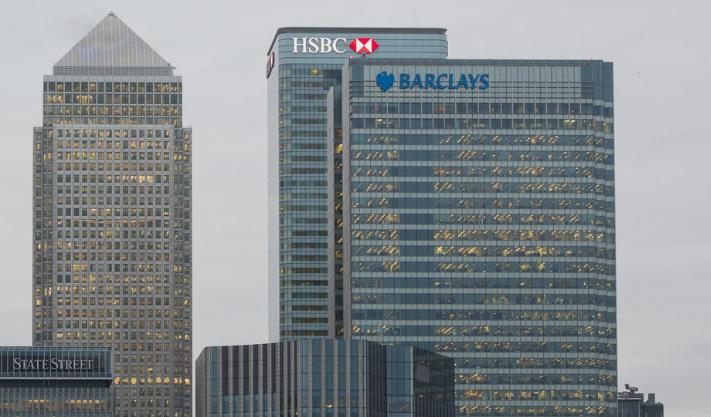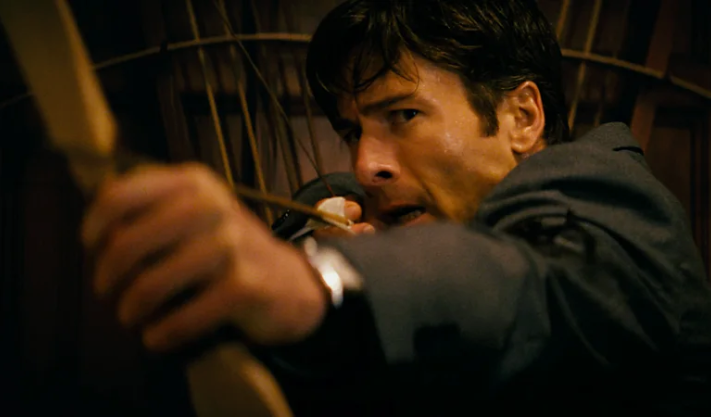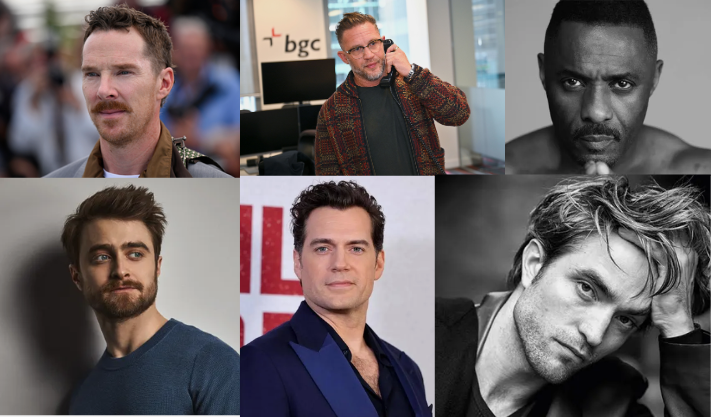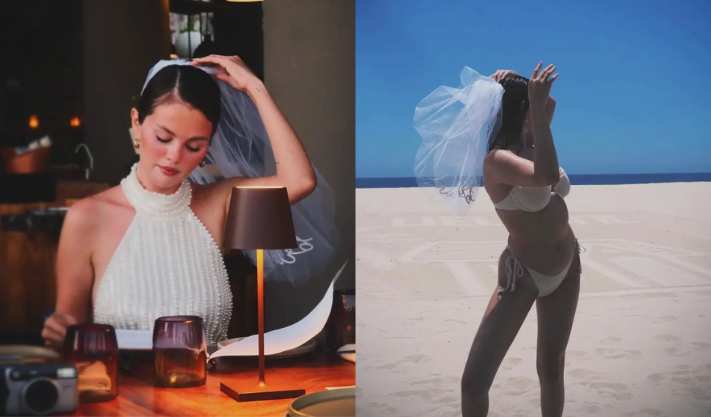Meet Frances Harder
With decades of experience spanning design, consulting, authorship, education, and international development, Frances Harder has shaped the global fashion landscape in ways that transcend trends. From founding the Fashion Business Incubator to writing essential guides like Fashion for Profit and consulting for the United Nations, her mission has remained clear: empower entrepreneurs with the knowledge, structure, and strategy they need to build sustainable, profitable fashion brands. In this exclusive conversation with us, she reflects on her journey, the evolution of the industry, and the powerful role fashion plays in economic and cultural development worldwide.
From Designer to Educator
We started the interview by asking, “What inspired you to transition from being a fashion designer to becoming a consultant and educator in the apparel industry?”
Frances Harder replied, “My journey began as a fashion designer, but over time I realized that creativity alone isn’t enough to succeed in this industry. Many talented designers fail not because of lack of vision, but because they don’t understand the business side costing, sourcing, production, and branding. That observation inspired me to shift my focus from purely creating clothes to teaching others how to build sustainable businesses. Publishing Fashion for Profit was my way of giving entrepreneurs a roadmap. Later, founding the Fashion Business Incubator gave me a platform to train displaced workers and emerging designers alike, offering both education and opportunity. For me, the greatest satisfaction comes not from seeing my own name on a label but from watching others thrive because they have the knowledge and tools to make their dream a reality.”
A Different Kind of Fashion School
The UK Times: Fashion Business Incubator (FBI) has supported countless entrepreneurs. What sets it apart from traditional fashion schools or programs?
Frances Harder replied, “Traditional fashion schools often emphasize design aesthetics, leaving graduates unprepared for the harsh realities of production, marketing, and financial management. The Fashion Business Incubator (FBI) was built to bridge that gap. We designed it as a hands-on, industry-specific nonprofit that addresses both the creative and practical sides of running a fashion business. Unlike a classroom-only approach, our incubator offers direct access to industry professionals, webinars, seminars, and training programs tailored to each stage of business growth. We’ve helped displaced workers retrain, guided startups through sourcing and production challenges, and created a networking hub right in the heart of the LA Fashion District. What truly sets us apart is our mission-driven ethos: we’re not about selling a degree, we’re about equipping individuals to succeed in real-world fashion markets whether that’s Los Angeles, New York, or even Peru and Nepal where I’ve consulted through the UN.”
Writing the Missing Manual
The UK Times: Your books, especially Fashion for Profit, have become essential guides. What gaps did you see in the industry that motivated you to write them?
Frances Harder replied, “When I was teaching, I noticed students leaving fashion programs brimming with creativity but lacking the practical knowledge to turn their designs into profitable businesses. Things like costing, understanding wholesale margins, or negotiating with manufacturers simply weren’t covered in depth. I wrote Fashion for Profit because I wanted to demystify the business side of fashion. The book became a comprehensive manual that walks readers from concept to consumer, covering everything from production calendars to branding strategies. Over time, I added titles like Costing for Profit and Brand Building for Profit because I saw entrepreneurs making the same mistakes repeatedly. Writing these books was my way of filling a void offering actionable, straightforward guidance in plain English. To this day, I still hear from readers worldwide who say the books helped them avoid costly errors and gave them the confidence to pursue their fashion dreams.”
Fashion through a Global Lens
The UK Times: You’ve worked with global organizations like the United Nations. How has international consulting shaped your perspective on fashion entrepreneurship?
Frances Harder replied, “Working with the United Nations in places like Peru and Nepal has been incredibly eye-opening. It’s taught me that while fashion is global, the challenges and opportunities vary dramatically by region. In developed markets, the focus may be on branding and scaling. In developing economies, it’s often about capacity building—teaching artisans how to price their work fairly, access markets, and maintain consistent quality. International consulting reminded me that fashion isn’t just about glamour; it’s also about livelihood, sustainability, and cultural preservation. Helping communities transform traditional crafts into viable businesses showed me the human side of fashion entrepreneurship. It’s humbling to see how a small piece of guidance whether in costing or merchandising can change an entire village’s economic future. These experiences reinforced my belief that fashion can be a powerful tool for social and economic development, not just personal expression.”
Protecting Creativity in the Courtroom
The UK Times: As an expert witness in fashion-related legal cases, what common mistakes do companies make regarding intellectual property?
Frances Harder replied, “The biggest mistake I see is underestimating the importance of protecting intellectual property from the very start. Many brands don’t register their trademarks early enough, leaving themselves vulnerable to copycats who swoop in and capitalize on their name or logo. I’ve also seen countless disputes over copyright and trade dress where companies didn’t fully understand the boundaries of what’s legally protectable. In fast fashion especially, the line between inspiration and infringement gets blurred, and that can lead to costly lawsuits. Another recurring issue is poor documentation whether in licensing agreements, contracts with factories, or even simple NDAs. As an expert witness, I often remind entrepreneurs that legal foresight is as crucial as creative foresight. Protecting your designs and your brand identity not only safeguards your investment but also signals professionalism in an industry where reputations can make or break you.”
The New Reality of Fashion
The UK Times: The fashion industry is constantly evolving. What major shifts do you believe new entrepreneurs must prepare for today?
Frances Harder replied, “The most significant shift is digitalization. From e-commerce to social media marketing and virtual showrooms, technology now drives how fashion is consumed, marketed, and even produced. Entrepreneurs must embrace digital tools not as add-ons but as core business strategies. Sustainability is another critical shift consumers increasingly demand transparency about sourcing, labor practices, and environmental impact. Startups who ignore this trend risk alienating their target market. Global supply chains are also being re-evaluated due to political and environmental pressures, meaning entrepreneurs need to plan for flexibility and resilience in production. Finally, I’d stress the rise of personalization consumers expect products and experiences tailored to them. Success in today’s industry comes from balancing creativity with business agility, all while staying conscious of both ethical and digital demands. Those who can merge these priorities will not just survive but thrive in the next era of fashion.”
A Philosophy That Endures
Lastly we asked, “Looking back at your decades-long career, what personal philosophy has guided your work and success in fashion?”
Your Answer: My guiding philosophy has always been “Passion for Fashion” not just in the creative sense, but in the passion to help others succeed. I’ve learned that enjoying your work and staying curious are the keys to longevity. Networking has also been central; opportunities often arise from conversations, so being open and approachable has served me well. I also believe in adaptability this industry changes constantly, and you must be willing to pivot when new opportunities present themselves. At the same time, integrity is non-negotiable. Whether working with students, startups, or international organizations, I’ve always strived to provide honest guidance and practical tools. Success, for me, isn’t defined by personal accolades but by seeing the ripple effect knowing that the people I’ve mentored are building sustainable, thriving businesses. That, ultimately, is the legacy I want to leave behind in the fashion world.” Frances Harder concluded
WE ARE HERE TO MAKE A POSITIVE DIFFERENCE!
Connect with Frances Harder on LinkedIn
For more information visit https://fashionforprofit.com/
Also Read:
Mouna Ben Halima (La Badira Hotel)
Tim StClair-Pearce transforms plastic waste into new plastic
Hamdan Audi Alanazi: Leading Middle East–Europe green shift























